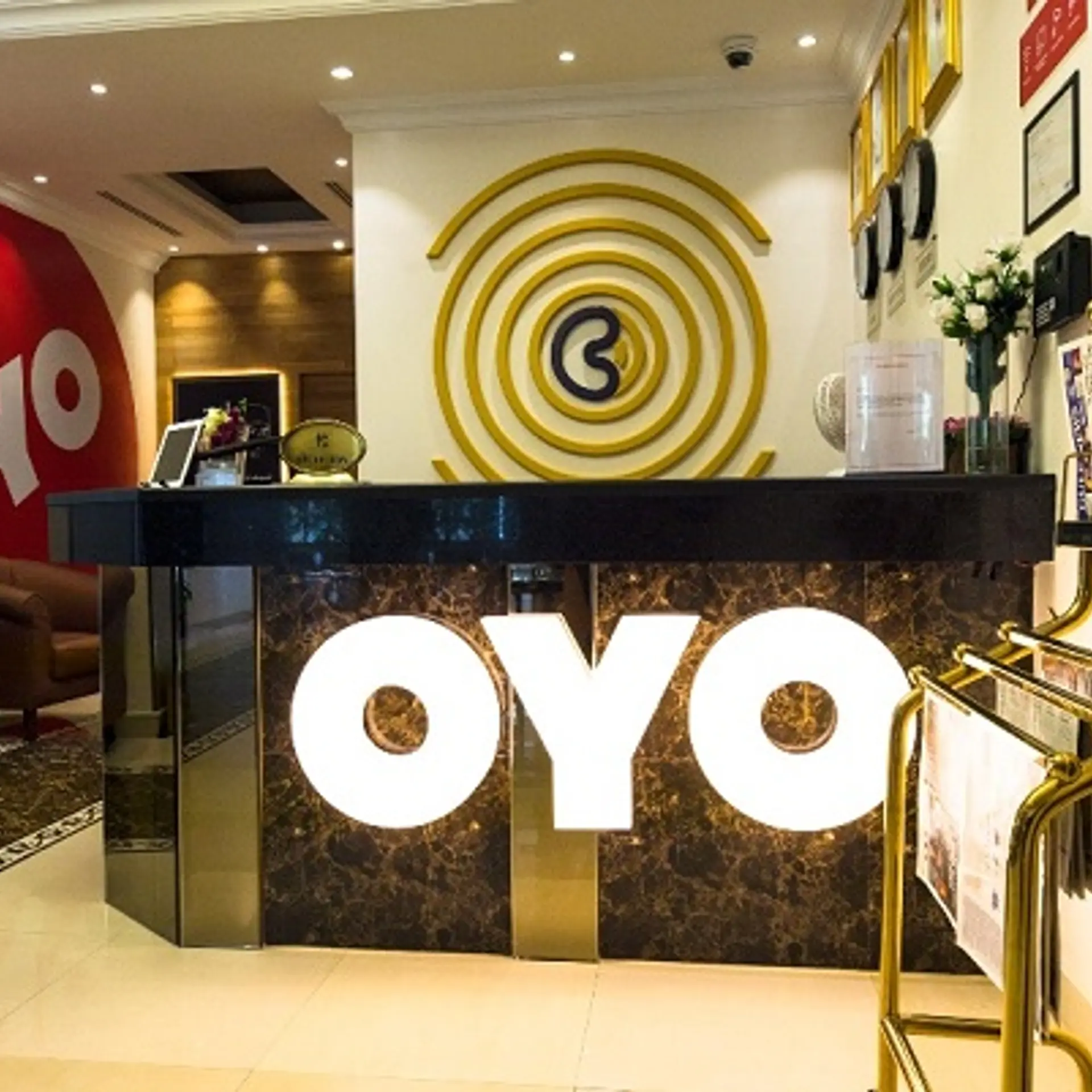What you must keep in mind while building a product for the education sector
Over the last year, as Villgro expanded its work in education and skill training, our team spent a lot of time speaking with entrepreneurs, experts in the field, teachers, school leaders and a host of others who work in the education sector. We’ve tested assumptions, had some proven and learned a lot along the way. As we now begin to work with the Menterra Social Impact Fund to increase funding to education and skill training enterprises, these lessons from the field will help us work with enterprises better. If you’re an aspiring entrepreneur setting out to build a social business in education or skill training that will positively impact students from the poorest households, here’s what we have learned.

The need is real
It’s very, very real. It’s hard to find good teachers as teacher training is fragmented and sporadic, English-language learning is aspirational, teaching Science and Math is challenging, and students are finishing school and college without the skills needed to be job-ready. The need for thoughtful, innovative interventions that will significantly improve the way teachers teach and students learn is greater than ever. However, the education and skill training market is swarming with businesses that are creating and selling products and services to students, parents, schools and institutes. If you want to build an enterprise in this space, think about what sets you apart, what makes your product or service better or more innovative than the others already in the market and, most importantly, how you are significantly improving student learning outcomes.
Sales and distribution continues to be a challenge
If you’ve worked in or have been associated with the Indian educational system, then you know that the market is extremely fragmented. Decision makers (school management and leaders) are inundated with products, and so getting a foot into the door at schools is a time-consuming task. Selling to schools often entails concept selling, which means sales teams need to be trained to understand the product and content. Additionally, they must spend time understanding a school’s problems and resource availability before selling a product. Distribution networks haven’t penetrated the market completely beyond metros and Tier I cities. This means that there is an immense need for high-quality products and services in Tier II and III towns, semi-rural and rural areas, and enterprises need to find a way to enter this market.
Technology is only an enabler, not the solution
Technology will not solve all the problems in education. We cannot remove teachers from classrooms; technology can only supplement the human interventions already present. The use of technology in schools and institutes also involves upgrading existing infrastructure. More importantly, for technology to be employed effectively, teachers and students need to be trained on its optimal use. The initial groundwork may be massive, but if technology is leveraged well, the payoff might well be much larger than expected.
Hybrid models are key
As an impact investor, we are committed to working with entrepreneurs that are catering to students from low-income families, and that work with affordable private schools and government schools. However, selling to these segments poses a different set of challenges – school resources and budgets are constrained, which translates to lower product and service pricing, resulting in smaller margins. Sustaining a business on these margins is often not practical. The focus for social businesses is both high quality and sustainability. Under these circumstances, a hybrid model of selling to a variety of school segments might be the most reasonable way of ensuring success without compromising on quality.
Achieving scale is hard
Even the most successful companies working in the education sector sell to merely thousands of schools, out of almost 1.4 million that exist in the country today. This links back to the issues related to distribution and scale, but entrepreneurs need to be innovative about how they tackle the question of scale. Leverage today’s untapped CSR funding to expand into new geographies, be strategic about building partnerships, piggyback on existing channels, and bundle your products or services with others selling in the space. Achieving scale is key to systemic impact, and entrepreneurs need to constantly think about how this can be accomplished.
Demand-side ecosystem needs to be fixed
Finally, despite the large number of products and services out there, one needs to think about why sales to schools do not happen at the pace expected. What are the various consumer segments demanding? How can you augment the school’s existing structures with a new and innovative product and service? Speak to stakeholders – that is the only way you can develop a business that is in high demand in the education sector.
Despite all of this, we are still optimistic. It is an indisputable fact that the education system needs to be fixed. We need to find a way of giving children across the economic spectrum a higher quality of education than they receive right now. We are seeing products and services that are innovative and that are solving real problems faced by students, parents and teachers every day. We interact with entrepreneurs who are constantly challenging the status quo, and this gives us confidence that the system can be fixed. But, we need more entrepreneurs to think about fixing the big challenges in the system, who will work relentlessly towards this outcome, and, most significantly, entrepreneurs who are committed to improving the quality of education for students from low-income households.

About the author:
Kavita Rajagopalan is Investment Manager, Education at Villgro. She has over eight years of experience working in the education sector and has a Masters in Education from Harvard University’s Graduate School of Education.







